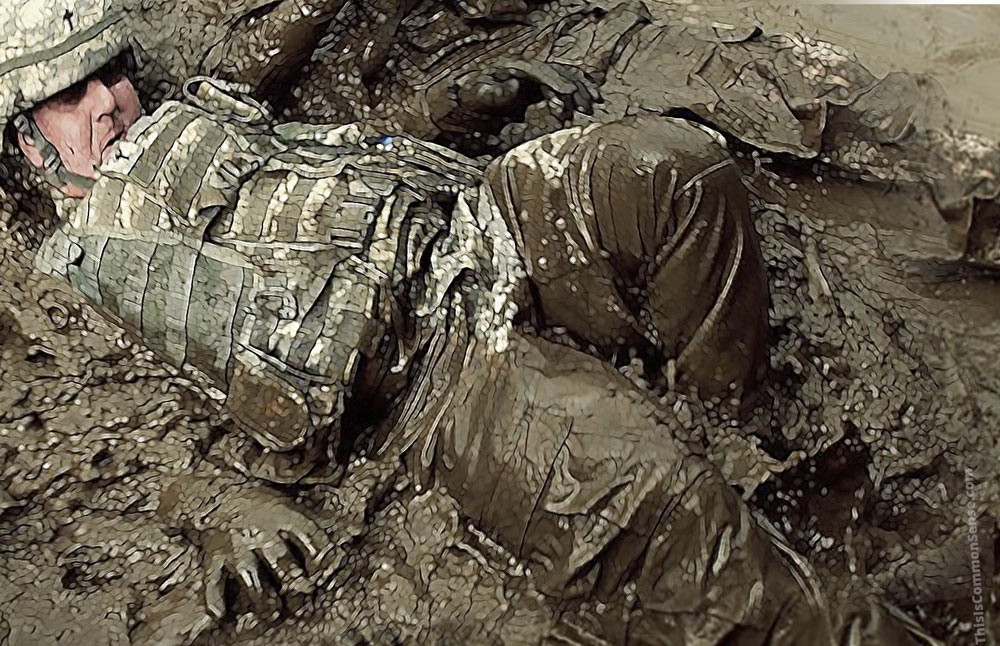Iranian women are again out in the streets protesting the brutality of the regime.
We can only hope that their efforts will bear fruit — or, if we’re Elon Musk, we can also provide protesters with Internet service via Starlink satellite, now that the Iranian government has blocked the Internet in much of the country.
The immediate spark was the death of 22-year-old Mahsa Amini.
On September 13, Mahsa was arrested by Iran’s morality police for incorrectly wearing the hijab, the traditional head covering mandatory for Iranian women since 1979. Some of her hair showed.
According to witnesses, the police beat Mahsa in the police van; the police deny it.
Within hours of being detained, Mahsa was hospitalized and in a coma. She soon died. The police not very plausibly claimed that she had a heart attack. All a terrible coincidence. The family says that Mahsa had no health problems before being detained.
The immoral morality police were obeying the country’s new president, Ebrahim Raisi, who on August 15 decreed that the nation’s dress code be more strictly enforced.
The protests — in which women have been burning their hijabs, cutting their hair, and shouting “Death to the oppressor!” — are ongoing and nationwide, and have spread to other countries.
At least thirty protesters have been killed.
In the words of the New Yorker’s Robin Wright, Mahsa’s death “lit the fuse of long-smoldering dissent in Iran,” and its people have taken to the streets before.
Godspeed this time.
This is Common Sense. I’m Paul Jacob.
Illustration created with DALL-E
—
See all recent commentary
(simplified and organized)








